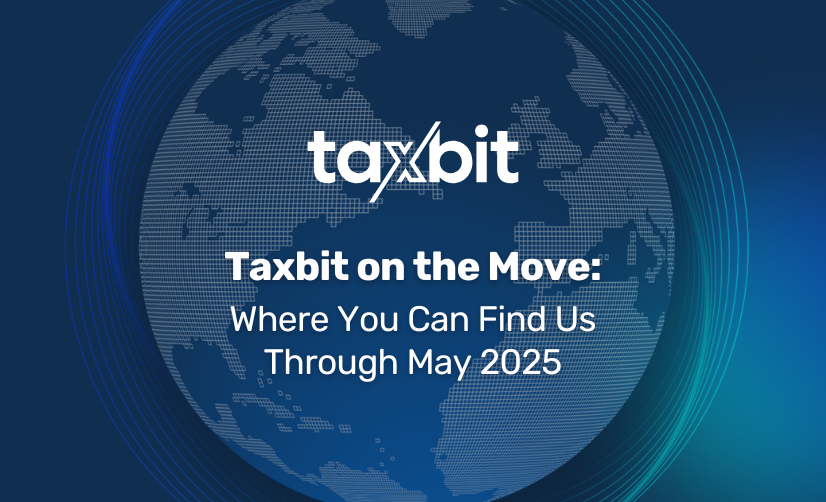Considerations for implementing a DAC7 process
Embracing Change: Challenges in Adopting DAC7 in its Inaugural Year
With the new DAC7 EU directive, digital platforms will need to implement and adopt this new regulatory framework, a directive aimed at increasing tax transparency for digital platforms. However, implementing and adopting DAC7, especially in its inaugural year, presents unique challenges. In this blog post, we will delve into the hurdles companies are facing during the initial stages of adopting a new regulatory framework like DAC7.
1. Different Reporting Requirements per Member State
One of the primary challenges of adopting DAC7 is the varying reporting requirements across EU member states. Each country will likely have unique reporting requirements and procedures for DAC7. As platforms define which EU member state they will report to, they must navigate the varying requirements, understand the nuances, and ensure compliance with the member state’s rules and timelines.
2. Technical Compliance and Data Collection
DAC7 introduces new reporting obligations that require digital platforms to provide tax authorities with detailed information about their users and transactions. Many platforms may not currently collect the specific data required under DAC7, making technical compliance a significant challenge. Adapting existing systems and infrastructure to capture, validate, and securely store the necessary information within a short timeframe requires significant investments and technical expertise.
3. The Impact of GDPR on Data Protection and Privacy
In addition to the challenges of adopting DAC7, digital platforms must also consider the impact of GDPR on data protection and privacy. GDPR sets stringent requirements for the collection, processing, and storage of personal data within the EU. Platforms need to ensure that the exchange of user data with tax authorities for DAC7 compliance aligns with the principles and provisions of GDPR. This includes obtaining valid user consent, implementing robust data security measures, and facilitating user rights regarding their personal data.
4. Adaptability and Scalability
DAC7 is in its infancy. As a new regulatory framework, it is expected to evolve over time, necessitating adaptability and scalability from digital platforms. Implementing DAC7 within the first year requires platforms to not only comply with existing requirements but also establish a framework that can accommodate future regulatory changes. Platforms must invest in flexible infrastructure and strategies that can seamlessly integrate new regulations while minimizing disruption to their operations and user experience.
Looking Forward
The adoption of DAC7’s regulatory framework for digital platforms poses both opportunities and challenges. While DAC7 aims to enhance tax transparency across jurisdictions, its implementation within the first year requires overcoming various hurdles. Additionally, ensuring compliance with GDPR adds an additional layer of complexity, necessitating data protection and privacy considerations.
By partnering with Taxbit, digital platform operators can streamline their DAC7 processes. Ultimately, this enables operators to focus on their core business activities while ensuring transparency and adherence to tax regulations. With the support of Taxbit, operators can navigate the complexities of DAC7 more effectively, embrace transparency, and contribute to a fair and compliant digital marketplace in line with the EU’s goals for tax cooperation and transparency.








